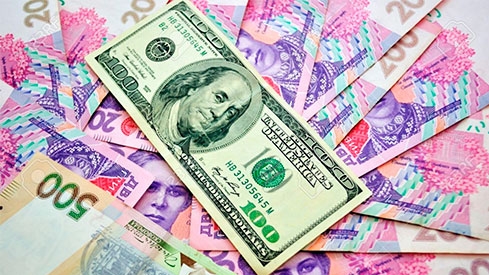The decrease in imports and stable exports of agricultural products to support the hryvnia

As experts predicted last week, immediately after the disappearance of the speculative demand for currency, the hryvnia stabilized at 27 UAH/$, and the NBU to keep the hryvnia from a sharp appreciation had to buy on the interbank market 327,7 million $.
In the 1st quarter of 2020 in comparison with the previous quarter, Ukraine reduced the import of goods by 20% to 13,425 $ billion (2% less than in Q1 2019), and exports by 5.5% to 12,253 billion $ (the same as last year). The negative balance amounted to 1,172 billion $.
in Particular, food exports in the 1st quarter of 2020 increased by 6% to 5,656 $ billion, exports of metals declined by 15% to 2,378 billion $, while imports of energy products fell by 9% to 2,351 billion $.
Substantially supports the hryvnia stable exports of agricultural products, as it was during the crisis of 2014-2015. Therefore, the restriction or termination of export of agricultural products, which offer individual policies, could significantly harm the economy of the country.
Today, MPs will hold an extraordinary meeting of Verkhovna Rada to amend the budget to deal with coronaviruses, which will also have a stabilizing effect on the economy.
According to the published on the website of the Verkhovna Rada the draft amendments to the budget, the government expects a decline of GDP in 2020, at 3.9%, whereas previously it predicted growth of 3.7%. Unemployment amounted to 9.4%, and real wages will decline by 0.3%.
the budgeted average annual hryvnia exchange rate increased from 27 UAH/$ to 29.5 UAH/$, and the rate of inflation up to 8.7%, but promise that next year it will slow to 5%.
Also, the government expects that in the second half of 2020, economic growth will recover and will begin to accelerate in the coming years. The main reason for this is called a high global demand for domestic agricultural products, reducing the prices of imported energy commodities and the stability of the banking system.


